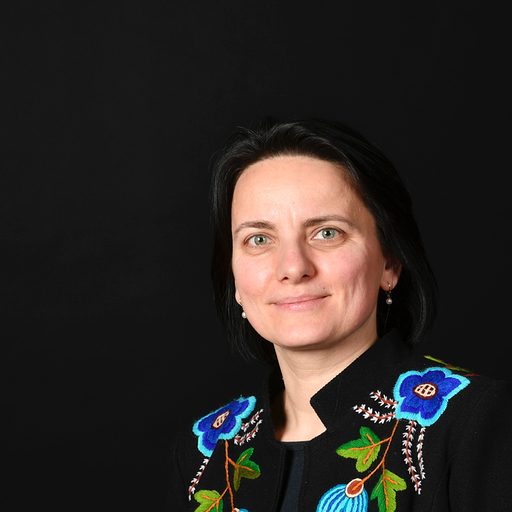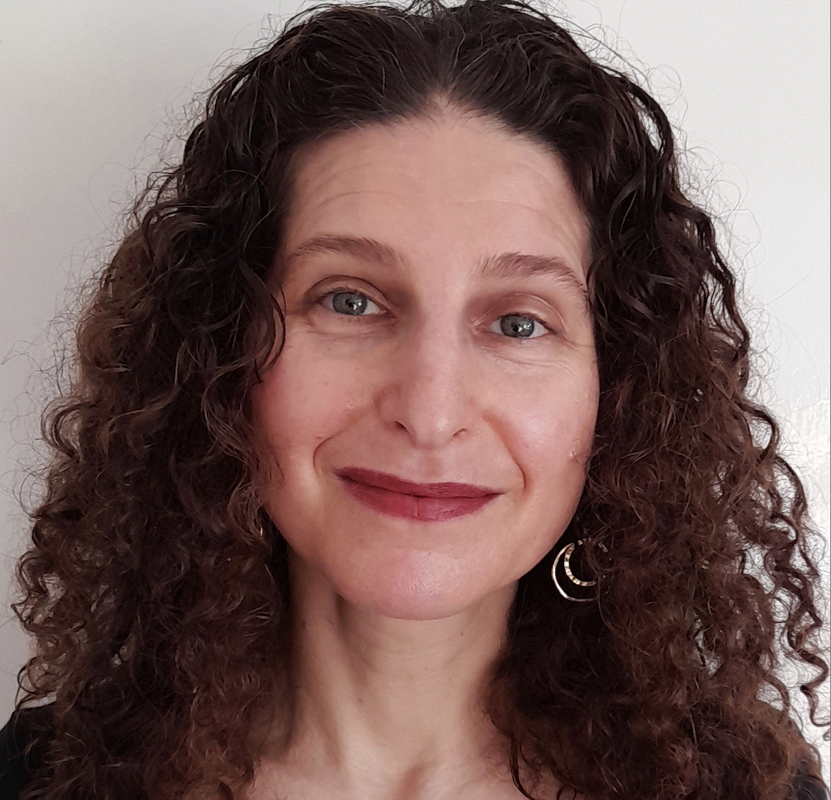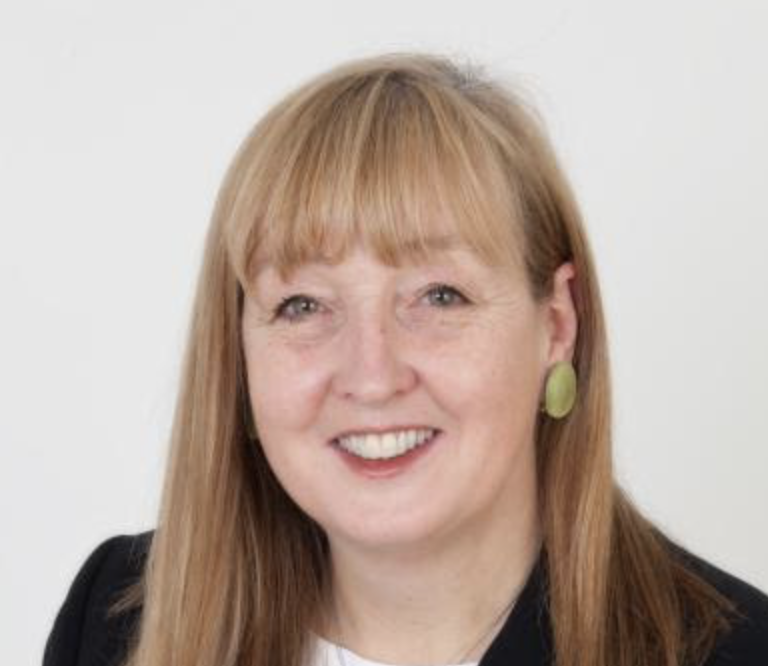In Celebration of International Women's Day, we're delighted to invite you to join us for this special online event. We'll be honouring the lives of pioneering women in the legal profession and reflecting on the legacies we want to create for future generations of women lawyers.
The event will explore why it is important for us, as women, to share our personal experiences and record our testimonies for posterity. The panelists and audience will be asked to consider the role and value of women's groups and networks in fostering women's empowerment and professional advancement. We will be joined by three excellent speakers who are actively supporting and promoting women lawyers in their careers.
All three women have recently recorded their life stories for the Inspiring Women Lawyers Oral History Project, which has been conducted by the Centre for Socio-Legal Studies in collaboration with National Life Stories British Library supported by the John Fell Fund. Our speakers are: Her Honour Judge Khatun Sapnara, Deputy High Court Judge and Co-Chair of the Temple Women’s Forum; Dana Denis-Smith, Founder of Obelisk Support and the First 100 Hundred Years/Next 100 Years campaign; and Laurie-Anne Power, barrister at Bedford Row Chambers and Chair of the Women in Criminal in Law’s Racial Equality Committee. They will be interviewed by Dr Dvora Liberman, researcher and interviewer for the Inspiring Women Lawyer’s Project; and the event will be chaired by Professor Linda Mulcahy, Director of the Centre for Socio-Legal Studies, University of Oxford.
https://us02web.zoom.us/webinar/register/WN_Sv8ob_JPT4OHZvJia7QGXg?mc_cid=70c83c6d68&mc_eid=7bf66a784c
More about who we are:
Judge Khatun Sapnara is a Deputy High Court Judge, Bencher of the Middle Temple and Co-Chair of the Temple Women's Women. She is the first person of Bangladeshi origin to join the ranks of the senior judiciary. Judge Sapnara played a key role in the creation of the forced Marriage (Civil Protection Act 2007) and was appointed by the Lord Chief Justice as a Diversity Community Relations Judge and a Judiciary Role Model.
Dana Denis-Smith is the founder and CEO of Obelisk Support, a legal supplier which champions flexible-working and counts over 1000 legal consultants in its network. She is also the founder of the First 100 Years and Next 100 Years campaigns. The First 100 Years campaign ran the national celebrations of the centenary of the Sex Disqualification (Removal Act) 1919 while the Next 100 Years continues this work with a focus on creating a more equal and diverse legal profession for the next generation.
Laurie-Anne is leading criminal barrister, media consultant and mentor. She has appeared before the Court of Appeal, Courts Martial and worked on the international Criminal Trials in Sierra Leone. Laurie-Anne is also the treasurer of the Criminal Bar Association, a member of the Bar Council's working group on race, chair of Women in Criminal Law (Race Equality Committee) and Chair of Pupillage at 25 Bedford Row. She was the Winner of the 2019 UK Diversity Legal Awards "Lawyer of the Year" and in 2020 she was nominated "Barrister of the Year" at the Women in Law Awards.
Dr Dvora Liberman joined the Oxford Centre for Socio-Legal Studies in 2019 as a Postdoctoral Researcher before becoming a Programme Associate in December 2020. Dvora is an oral historian, storyteller and teacher, and has developed numerous oral history projects with government departments, charities and cultural institutions in the UK, India, Australia, Bosnia, Israel and Palestine. She has shared the life stories of marginalised and unheard communities with a wide variety of audiences through theatre, film, books and exhibitions.
Linda Mulcahy is the Professor of Socio-Legal Studies at Oxford Law Faculty and the Director of the Centre for Socio-Legal Studies. Trained in both law and the social sciences, Linda's work focuses on how the disadvantaged and marginalised experience law and the legal system. Most recently she has received funding to undertake an oral history of the Law Centres movement in the UK. Gender has long been a central theme in her work and she was a contributor to the Feminist Judgements and the Women's Legal Landmarks projects.





 RSS Feed
RSS Feed